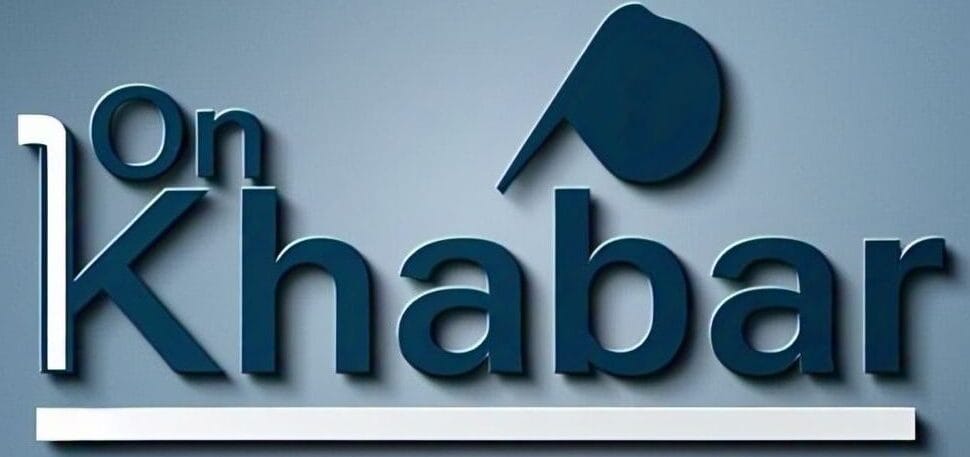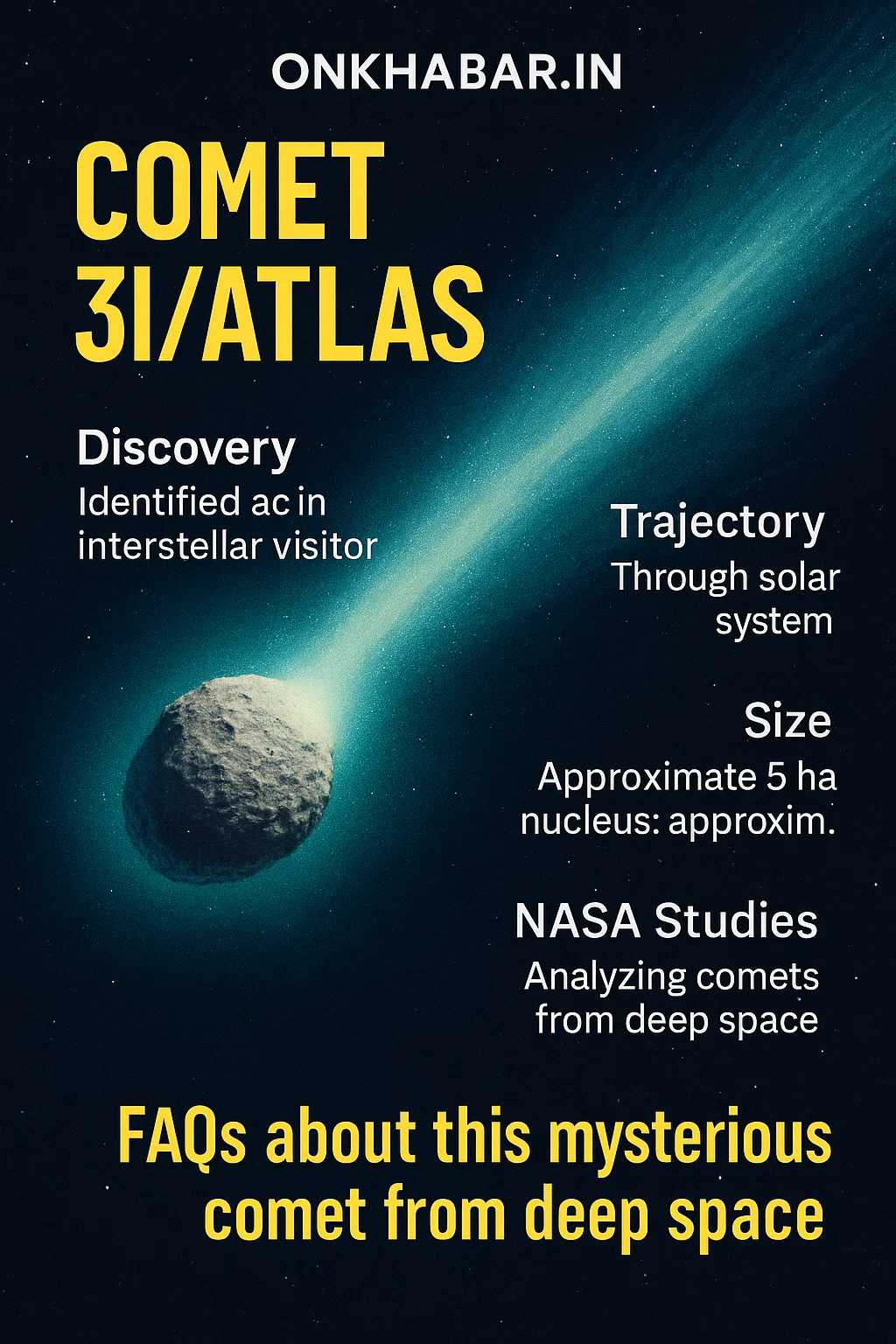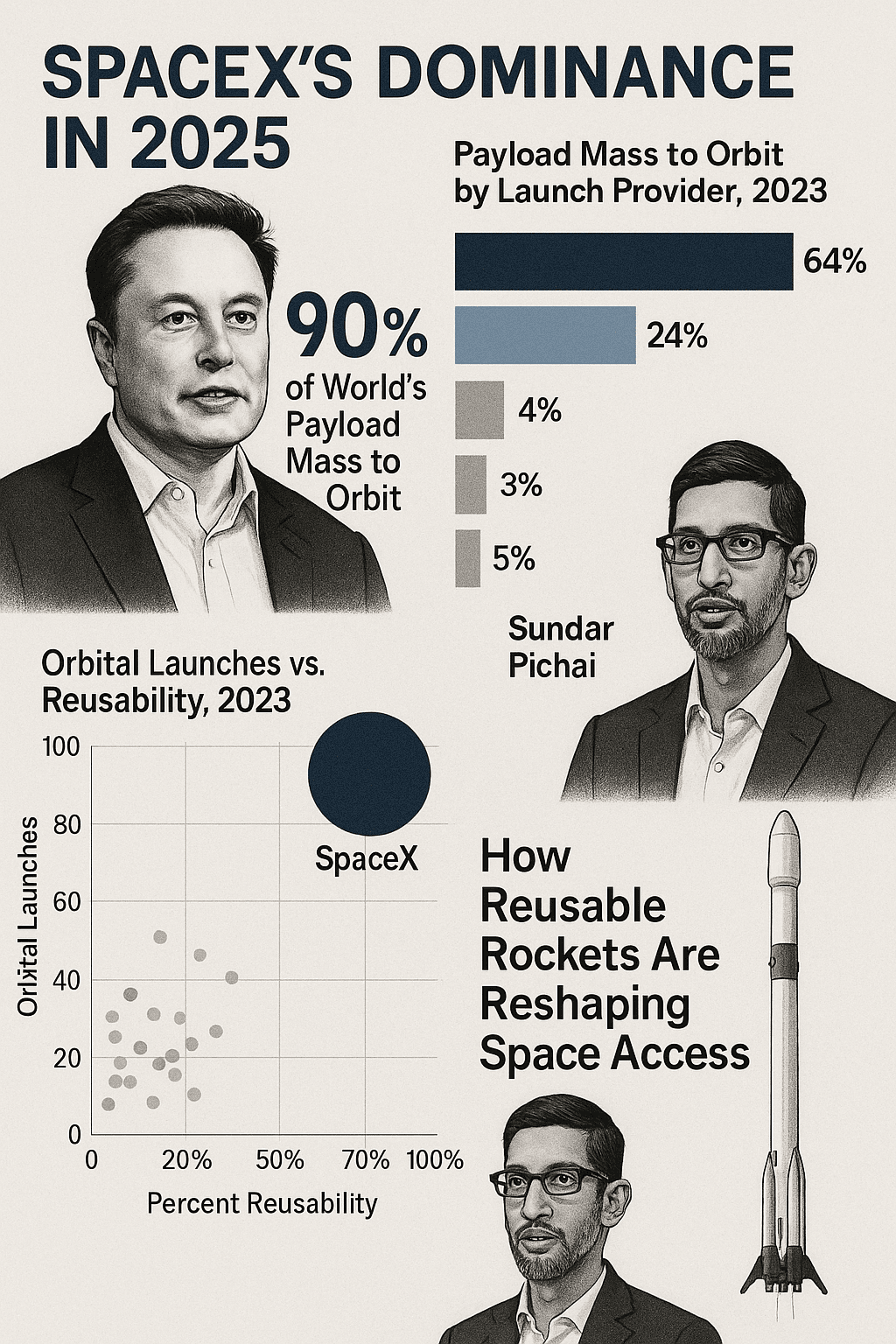
The rise of AI coding tools like GitHub Copilot, ChatGPT, and Replit has sparked a polarizing debate: Will AI replace software engineers, or will it create 10x more jobs in the next five years? Tech leaders are divided, developers are anxious, and productivity claims are wildly exaggerated. Let’s cut through the noise.

The Great AI Divide: Tech Leaders vs. Reality
Todd McKinnon, CEO of Okta, recently dismissed fears of declining engineering jobs as “laughable,” comparing AI to past tech revolutions like mobile and cloud computing. His argument? Every technological leap creates more opportunities, not fewer. “In five years, there will be more software engineers,” he insists, pointing to companies like Microsoft and Salesforce scaling their engineering teams.
But OpenAI’s Sam Altman offers a counterpoint: “Each software engineer will do much, much more for a while… and then maybe we’ll need fewer.” Anthropic CEO Dario Amodei takes it further, predicting AI could handle 90% of coding tasks within six months.
So who’s right? The answer lies in understanding what “productivity” really means.
The 10x Developer Myth: Why AI Isn’t Magic
YouTube and Medium are flooded with claims that AI boosts developer productivity by 10x. Let’s dissect this.
If a feature that takes 8 hours without AI suddenly takes 48 minutes, that’s a 10x improvement. Sounds incredible—until you realize coding is just one piece of the puzzle. Here’s what AI can’t automate (yet):
- Process Overhead: Creating feature branches, managing pull requests, waiting for CI/CD pipelines.
- Collaboration: Discussing integration strategies, aligning with product teams, manual testing.
- System Design: Ensuring scalability, reliability, and maintainability—cornerstones of real engineering.
Even if AI writes code faster, tasks like debugging a flaky build pipeline or negotiating API contracts with stakeholders still eat time. As one developer quipped, “AI won’t fix my 30-minute CI wait time.”
The Future Engineer: More Than a Code Monkey
The truth is, software engineering is evolving—not disappearing. Here’s what the future holds:
1. From Coders to Architects
AI excels at boilerplate code (think CRUD APIs or form validations). But as Zoho founder Sridhar Vembu notes, 90% of today’s code is boilerplate. Once AI handles that, engineers will focus on higher-order tasks:
- Designing complex systems.
- Solving novel problems (e.g., AI alignment, quantum computing).
- Managing “AI agents” that write and test code autonomously.
As Keras creator François Chollet says, “Code is a liability. Problem-solving is where the value lies.”
2. Upskilling or Perishing
Gartner predicts 80% of engineers will need to upskill by 2027. Tools will change, but core skills like system design, critical thinking, and cross-domain knowledge (e.g., healthcare + tech) will dominate. Google’s Sundar Pichai emphasizes hiring “superstar engineers” who thrive in fast-paced, interdisciplinary environments.
In India, where much of the IT workforce relies on repetitive coding tasks, AI could be a wake-up call. Engineers who don’t adapt risk obsolescence.
3. AI as a Force Multiplier
Imagine one engineer overseeing a squad of AI coders. This isn’t sci-fi—companies like Cognition Labs are already experimenting with AI agents that handle testing, documentation, and even deployment. The result? Engineers manage more projects, but the job requires more oversight.
As Microsoft’s Satya Nadella highlights, demand for engineers is booming in non-tech sectors like healthcare and education. AI won’t shrink the market—it’ll expand it.
The Bottom Line: More Engineers, Different Roles
The “10x productivity” hype is misleading. AI won’t turn junior devs into coding gods overnight, nor will it replace engineers. Instead, it’ll reshape the role:
- Less time on repetitive code.
- More time on innovation, design, and strategy.
As Chollet predicts, the number of software engineers will grow from 26 million today to 30–35 million by 2029. The catch? You’ll need to speak “English + code,” design bulletproof systems, and collaborate with AI—not fight it.
Key Takeaways
- AI automates tasks, not jobs.
- Demand for engineers will rise, but roles will emphasize problem-solving over syntax.
- The 10x myth ignores the reality of software development’s non-coding tasks.
The future belongs to engineers who embrace AI as a tool—not a threat.
Why Google Is Paying AI Employees to Do Nothing: The DeepMind Noncompete Controversy Explained










